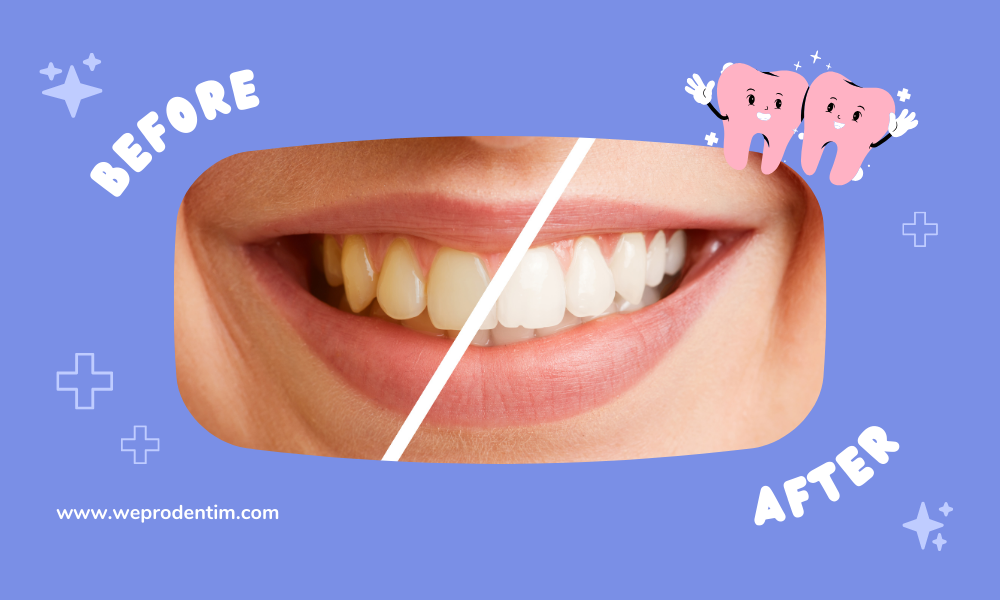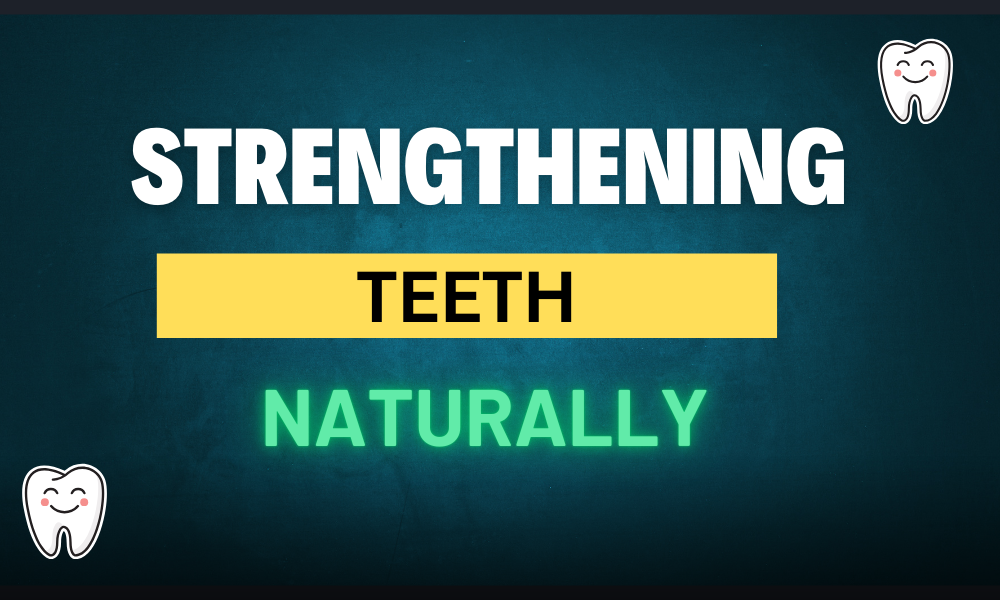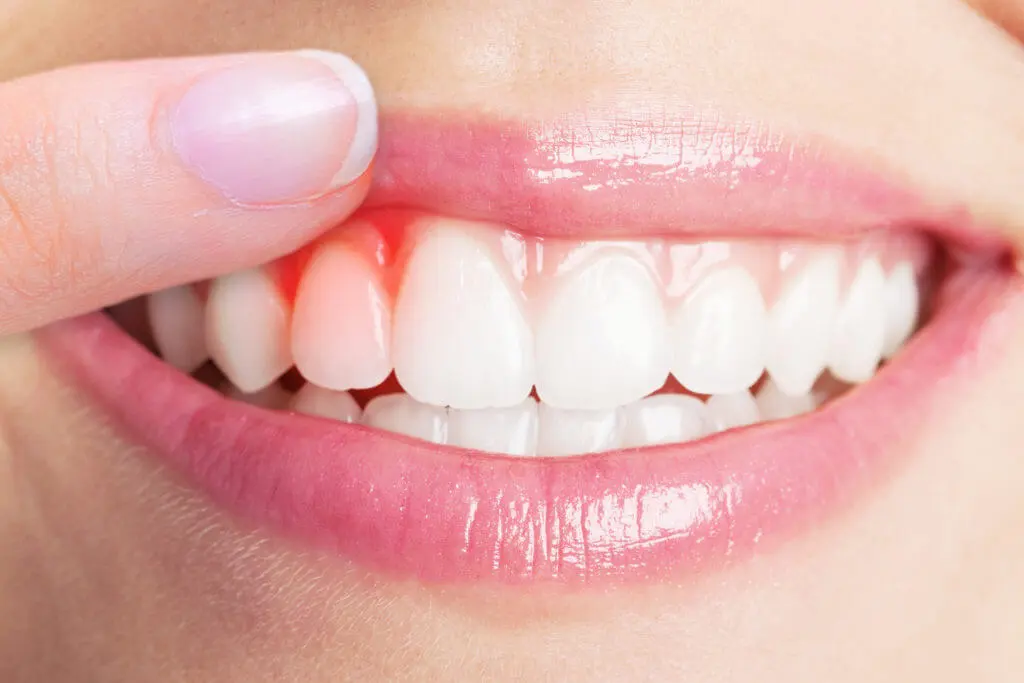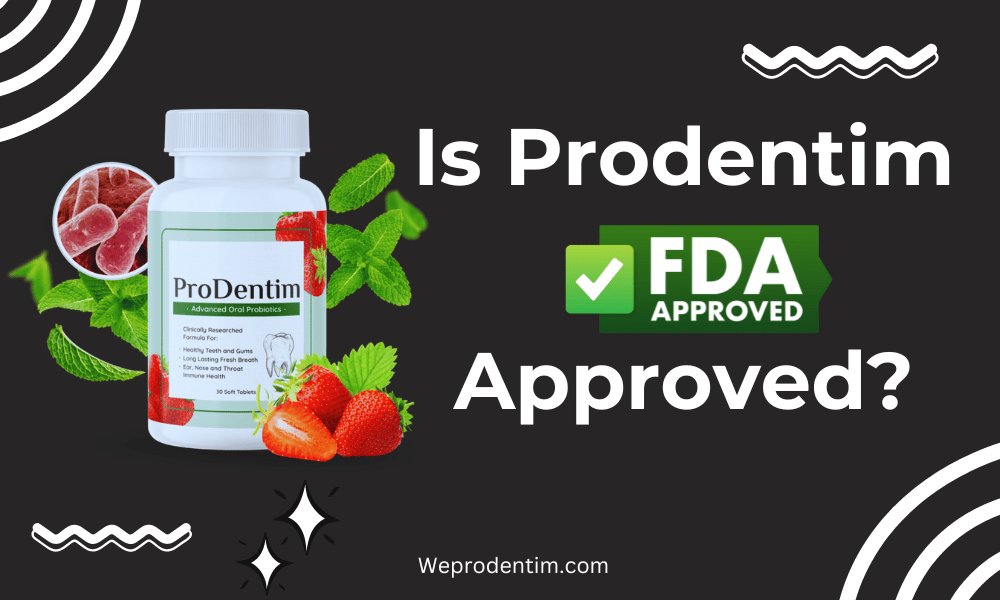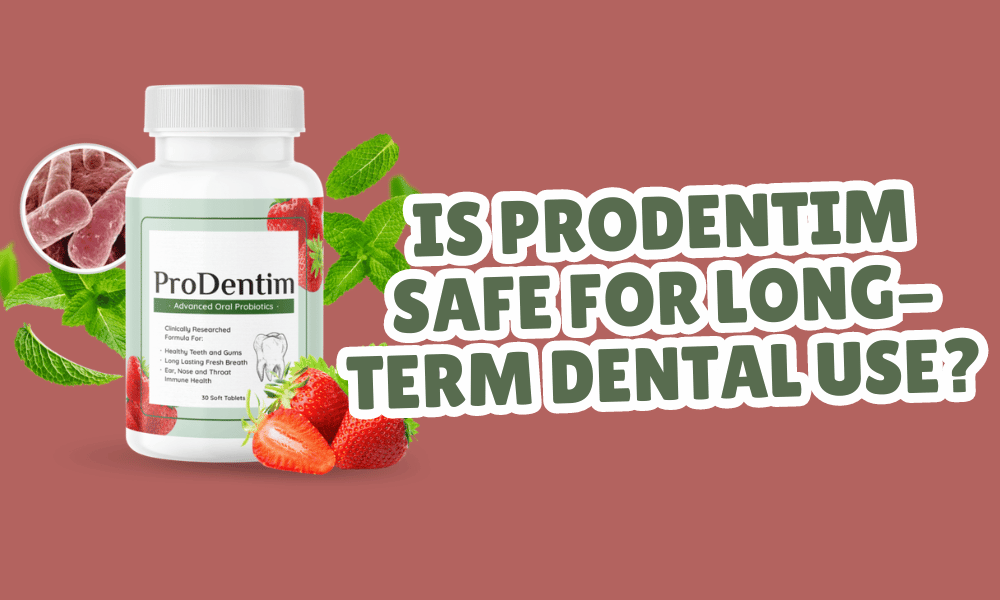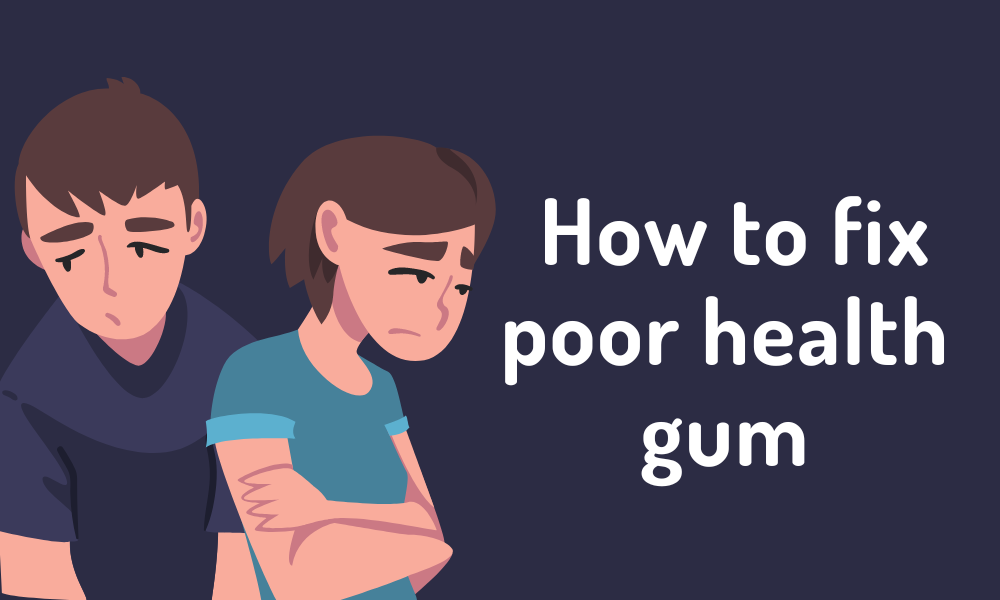How Bad Teeth Can Affect Your Whole Body
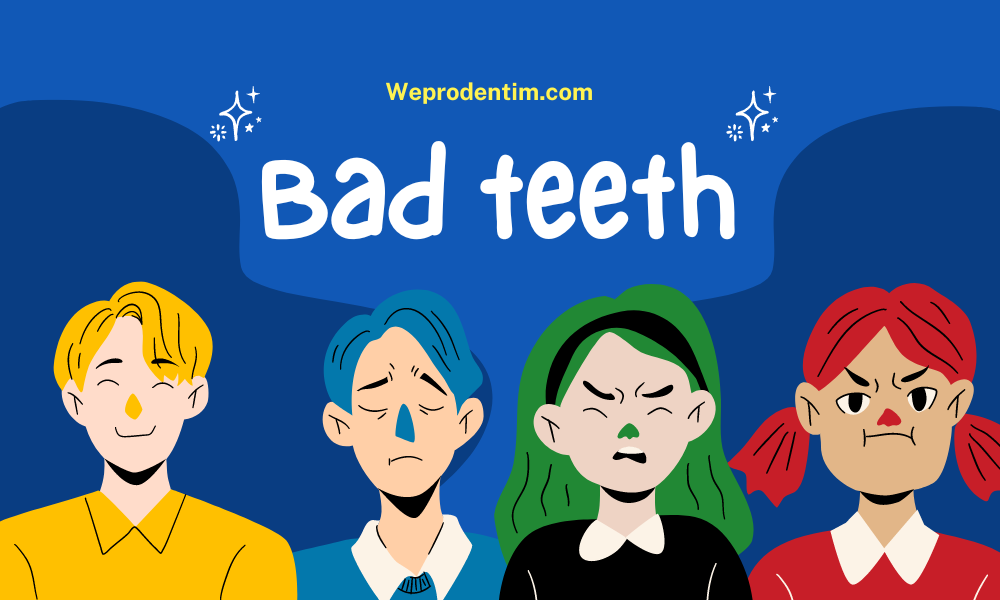
We all know cavities and gum disease are no fun, but did you know bad teeth can wreak havoc on your overall health? It’s true! The mouth isn’t an isolated compartment; it’s a gateway to the rest of your body. Poor oral health allows harmful bacteria to flourish in your mouth, creating a breeding ground for trouble that can spread throughout your system. Let’s delve deeper into how bad teeth can make you sick and explore ways to keep your smile healthy and your body functioning optimally.
From Mouth to Mayhem: How Bacteria Wreaks Havoc
Your mouth is a teeming ecosystem filled with billions of bacteria, both good and bad. When you maintain good oral hygiene, the good bacteria keep the bad ones in check. However, neglecting your teeth allows the bad bacteria to multiply unchecked, leading to a condition called oral dysbiosis. This imbalance creates a breeding ground for infection and inflammation in the mouth. Here’s how this can impact your overall health:
- Heart Disease: Studies have shown a link between gum disease, a severe form of oral inflammation, and an increased risk of heart disease. The theory is that bacteria from the mouth can enter the bloodstream through inflamed gum tissue and travel to the heart, where they contribute to plaque buildup in the arteries, increasing the risk of heart attack and stroke.
- Diabetes: People with diabetes are more susceptible to gum disease, and gum disease can make it harder to control blood sugar levels. It’s a two-way street: uncontrolled diabetes weakens the immune system, making it harder to fight off gum infections, while gum disease can worsen blood sugar control.
- Respiratory Infections: Bacteria in the mouth can travel deep into the lungs through aspiration, the process of inhaling particles. This can lead to respiratory problems like pneumonia and bronchitis.
- Pregnancy Complications: Severe gum disease has been linked to an increased risk of premature birth and low birth weight. Pregnant women are especially susceptible to gum disease due to hormonal changes, making good oral hygiene even more crucial during pregnancy.
- Arthritis: Research suggests a possible link between gum disease and an increased risk of rheumatoid arthritis, an autoimmune disease that causes inflammation in the joints.
These are just some of the potential health problems associated with bad teeth. The bottom line is that poor oral health can have a significant impact on your overall well-being.
Beyond the Big Problems: The Daily Discomforts
While the potential for serious health complications is concerning, even without them, bad teeth can significantly impact your daily life:
- Pain and Discomfort: Toothaches, inflamed gums, and abscessed teeth can cause significant pain and discomfort, making it difficult to eat, sleep, and concentrate.
- Bad Breath: Chronic bad breath, also known as halitosis, can be a major social embarrassment and a symptom of underlying oral health problems.
- Low Self-Esteem: Missing teeth, chipped teeth, and other dental issues can negatively impact self-esteem and confidence, leading to social withdrawal and anxiety.
These issues can significantly reduce your quality of life.
Turning the Tide: Steps to a Healthy Smile and a Healthy You
Fortunately, you’re not powerless! By taking proactive steps toward good oral hygiene, you can prevent bad teeth and safeguard your overall health:
- Brushing Twice a Day: Brushing your teeth twice a day for two minutes each time with a soft-bristled toothbrush and fluoride toothpaste is the foundation of good oral hygiene. Don’t forget to brush your tongue!
- Flossing Daily: Flossing removes plaque and bacteria from between your teeth, where brushing can’t reach.
- Regular Dental Checkups and Cleanings: Schedule regular dental checkups and cleanings with your dentist, typically every six months. Professional cleanings remove plaque buildup that brushing and flossing alone can’t handle.
- Healthy Diet: Limit sugary foods and drinks, which fuel the growth of harmful bacteria in your mouth. Focus on a balanced diet rich in fruits, vegetables, whole grains, and lean protein to provide your body with the nutrients it needs for good oral health.
- Don’t Smoke: Smoking weakens the immune system and increases the risk of gum disease. Quitting smoking is one of the best things you can do for your overall health, including your oral health.
Bonus Tip: Consider using a mouthwash as an additional tool to fight plaque and freshen breath. However, don’t rely solely on mouthwash to replace brushing and flossing.
By making these simple changes a part of your daily routine, you can significantly improve your oral health and reduce your risk of developing serious health problems down the road. Remember, a healthy
